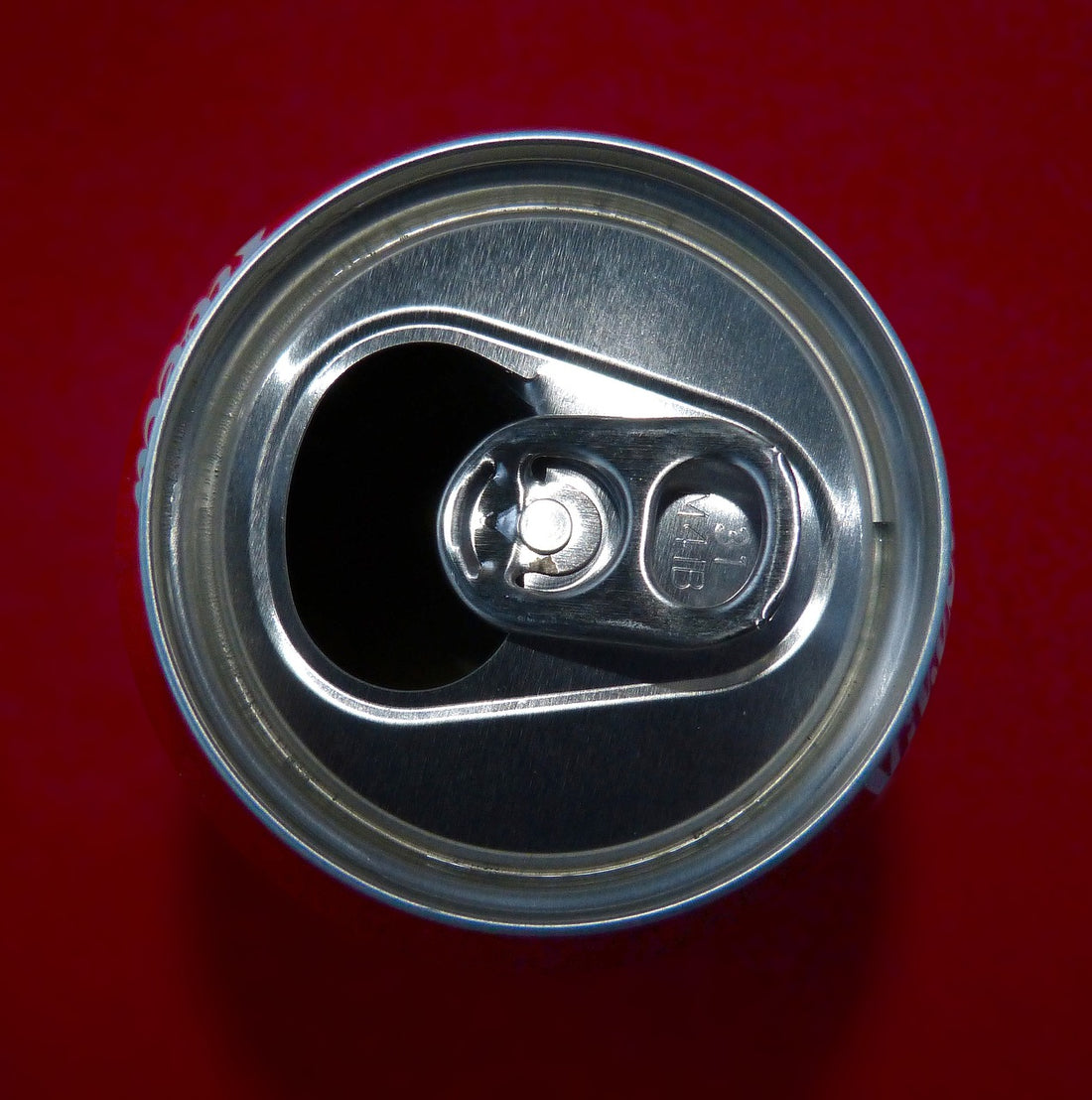
Alcohol Use on Teenage Development
Daniel PattersonAlcohol use during adolescence poses serious risks to both physical and mental development. Despite its prevalence in social settings, alcohol can have lasting consequences, particularly for teens whose bodies and brains are still developing. Understanding the effects of alcohol use during this critical time can help parents guide their teens toward healthier choices.
Physical Effects of Alcohol on Teenage Development
-
Interference with Brain Development
The brain continues developing well into the mid-20s, with adolescence being a key time for growth in areas related to decision-making, impulse control, and memory. Alcohol can interfere with this process, especially in the prefrontal cortex, the region responsible for planning and emotional regulation. According to the National Institute on Alcohol Abuse and Alcoholism (NIAAA), heavy drinking during adolescence can result in structural changes to the brain, impairing verbal learning and memory.
Teens who drink before age 15 are four times more likely to develop alcohol dependence later in life, according to the National Institutes of Health (NIH). Early drinking disrupts the formation of brain circuits involved in self-regulation, making teens more vulnerable to addiction and cognitive deficits in adulthood.
-
Impact on the Liver and Other Organs
While teens often associate alcohol with short-term effects like hangovers, the damage alcohol can do to the liver is particularly concerning. The American Academy of Pediatrics (AAP) warns that adolescents who consume alcohol are at greater risk for liver damage, including fatty liver disease and cirrhosis, even at lower consumption levels than adults. Additionally, alcohol affects the pancreas, heart, and digestive system, making early exposure especially dangerous.
Chronic alcohol use can also hinder the absorption of key nutrients, causing deficiencies that affect growth and development during these formative years.
Mental Health Effects of Alcohol Use
As teens navigate the challenges of growing up, they may encounter situations where alcohol is present, often feeling pressure to fit in or use it as a way to cope with stress. While some may view alcohol as a temporary escape, its effects on the developing brain and mental health are significant and long-lasting. For adolescents, alcohol use can lead to increased risks of depression, anxiety, and impulsive behavior, setting the stage for further mental health challenges. By understanding the mental health impact of alcohol and how to guide teens effectively, parents can play a powerful role in supporting their teen’s well-being.
-
Increased Risk of Depression and Anxiety
Teens may turn to alcohol as a way to cope with stress, anxiety, or social pressures, but it often has the opposite effect. Regular alcohol use can disrupt normal mood regulation, leading to increased rates of depression and anxiety. According to SAMHSA, alcohol use can trigger or exacerbate underlying mental health issues, with teens who drink regularly experiencing more emotional instability.
A study published in the Journal of Studies on Alcohol and Drugs found that adolescent alcohol use significantly increases the risk of developing mood disorders later in life. Alcohol alters neurotransmitter activity in the brain, which can lead to a reliance on alcohol to feel "normal," further deepening the cycle of mental health issues.
-
Alcohol and Risky Behavior
One of the immediate dangers of alcohol use in teens is its impact on decision-making. Alcohol lowers inhibitions, making teens more likely to engage in risky behaviors such as unsafe driving, aggression, and unprotected sex. The Centers for Disease Control and Prevention (CDC) reports that alcohol contributes to approximately 5,000 deaths annually among people under age 21 due to accidents, homicides, and suicides.
How Parents Can Help
-
Provide Science-Backed Education
Teens need accurate, research-based information to understand how alcohol affects their development. Rather than using scare tactics, explain the scientific reasons why alcohol is harmful to their growing brain and body.
What You Can Do:
- Share data about how alcohol can reduce brain volume in critical areas and impair cognitive functions like memory and learning.
- Emphasize the risk of alcohol addiction when drinking begins at an early age. Use examples from research, such as the University of Eastern Finland study that shows a 10% reduction in brain volume due to adolescent alcohol use.
You might say:
"I know drinking might seem harmless because some people do it, but it’s important to understand how it can affect your brain, especially while it’s still developing."
-
Set Clear and Consistent Expectations
Teens are more likely to avoid alcohol if they know their parents disapprove. According to SAMHSA, teens whose parents set clear expectations about alcohol are 50% less likely to drink.
What You Can Do:
- Have an open discussion about your family’s stance on alcohol use and explain why these rules are in place.
- Create guidelines for social situations, such as calling for a ride if alcohol is present or agreeing to attend alcohol-free events.
You might say:
"I understand there might be pressure to drink at parties, but we’ve agreed that it’s important for your health and future to avoid alcohol until you’re older."
-
Encourage Open Communication and Offer Alternatives
Teens who feel supported by their parents are less likely to turn to alcohol for stress relief or social acceptance. Encourage your teen to explore healthier ways to manage pressure.
What You Can Do:
- Help your teen find alternative activities that promote well-being, like sports, arts, or spending time with positive influences. According to Johns Hopkins Medicine, teens involved in extracurricular activities are 40% less likely to use substances.
- Practice how to say no in social settings. Teens are often more likely to resist peer pressure if they have a plan or script in mind for declining alcohol.
You might say:
"If you’re ever in a situation where you feel uncomfortable, don’t hesitate to text or call me. We’ll figure it out together, no matter what."
Conclusion
Alcohol use can have profound and lasting effects on both the physical and mental development of teens. By educating them about the science behind these risks, setting clear expectations, and providing safe alternatives, parents can play a critical role in helping their teens avoid the harmful consequences of early alcohol use.
References:
- National Institute on Alcohol Abuse and Alcoholism. (2021). "Underage Drinking and the Developing Brain."
- Centers for Disease Control and Prevention. (2021). "Underage Drinking and Its Risks."
- Substance Abuse and Mental Health Services Administration. (2020). "The Impact of Alcohol Use on Mental Health in Teens."
- American Academy of Pediatrics. (2021). "Alcohol and Its Impact on Teenagers' Health."
- National Institute on Drug Abuse. (2021). "Alcohol and Academic Performance: Risks for Teens."











